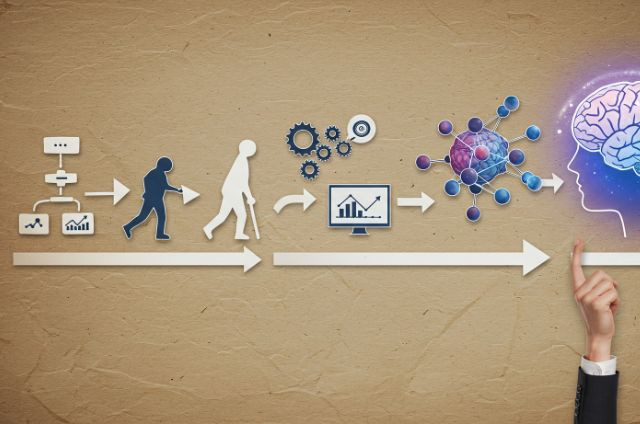In today’s increasingly digital world, the gap between marketing ambition and execution has narrowed to the click of a button. As businesses strive to stay relevant in an attention-driven economy, the right blend of marketing tools has become essential—not as a luxury, but as a lifeline.
A recent BestLyfe Group analysis, published in their blog A Complete Guide to Digital Marketing Tools, breaks down the landscape of technologies driving modern marketing strategies. The editorial examines how automation platforms, analytics dashboards, and AI-powered systems have redefined how companies of all sizes connect with their audiences.
According to industry analysts, digital marketing adoption surged by over 35% in the past two years, with small businesses leading the way. The shift reflects not only changing consumer habits but also the democratization of powerful marketing tools once reserved for enterprise brands.
“Technology has leveled the playing field,” said a representative from BestLyfe Group. “What once took large teams and massive budgets can now be achieved through a single integrated platform. The real challenge isn’t access—it’s knowing which tools to trust and how to use them effectively.”
The blog’s insights echo a broader reality: marketing no longer operates on instinct alone. Data interpretation, user experience design, and creative storytelling now converge to shape results. In this environment, digital literacy has become a critical skill for business growth.
Experts note that artificial intelligence is quietly revolutionizing campaign management, automating everything from lead scoring to personalized content delivery. Yet, as technology advances, human creativity remains the differentiator—ensuring that algorithms enhance, not replace, authentic brand voice.
As the digital landscape grows more complex, BestLyfe’s analysis underscores the value of strategic alignment. “It’s not about having more tools—it’s about integration and purpose,” the spokesperson added. “Businesses that link their technology choices to clear goals will continue to outperform those chasing every new trend.”
For small business owners, the takeaway is clear: mastering digital marketing tools isn’t about keeping up with competitors—it’s about sustaining relevance in a world where consumer attention is fleeting and data drives every decision.
In an era defined by rapid change, understanding the technology behind marketing isn’t just beneficial—it’s foundational. Awareness, adaptability, and strategic application remain the cornerstones of digital success.





